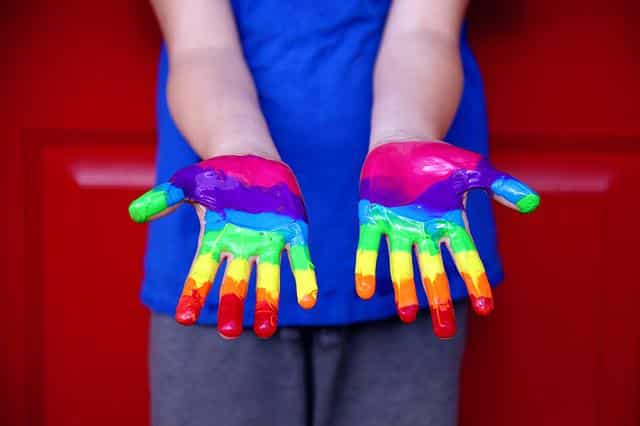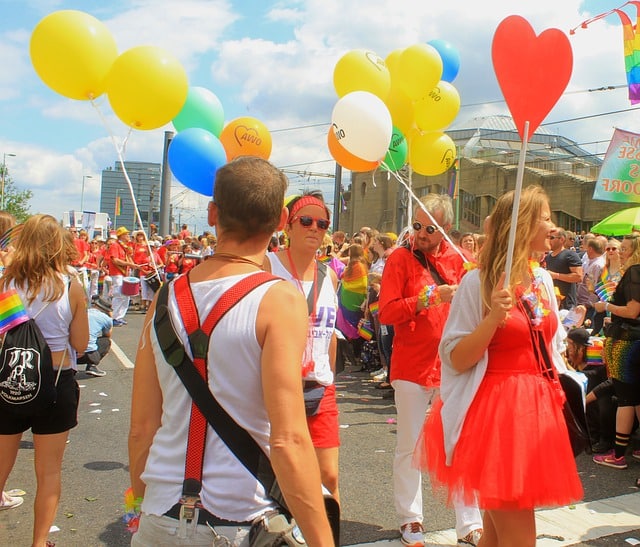
A transgender person has a gender identity that is different from the sex assigned at birth.
The prefix trans- refers to what is located or develops "through" or "on the other side of" . The notion of gender , meanwhile, has several uses: in this case we are interested in its meaning as the group of people of each sex , taking into account sociocultural identification beyond the strictly biological.
Beyond the binary
The concept of transgender , in this framework, is used to name the individual who has a gender identity different from the sex assigned at birth . This means that the term refers to those who do not identify with the assignment based on their sexual phenotype .
Many times the idea is linked to the rejection of the binary conception of gender identity ( woman / man ). The subject who transcends this binary is considered transgender since he is not pigeonholed into the roles that are traditionally attributed to femininity and masculinity.
Someone who is transgender, in short, expresses a disagreement with traditional genders. It is important to keep in mind that there is not a single type of transgender identity, but multiple ones.
LGBT and sexual orientation
A transvestite , a transsexual , a pangender , and an androgyne , to name a few possibilities, are transgender. As a collective, transgender people are usually grouped together with lesbians , gays and bisexuals , giving rise to the acronym LGBT : lesbians, gays, bisexuals and transgender.
Despite this, the condition of transgender does not respond to sexual orientation . That's why a transgender can be heterosexual .
Transphobia
It is important to mention that, despite the advances of recent years, transgender human beings are often victims of aggression and discrimination . The rejection of trans people is known as transphobia . Like all other forms of general contempt for groups considered "outside normality", the level of violence towards transsexuals can reach horrible limits, ruining their lives and those of their loved ones, all for not accepting their freedom.
Transgender people who have not suffered this rejection firsthand are also affected by it, since it can sow in them a deep fear of being themselves. And we know that fear is the most powerful weapon, that human beings have used it for centuries to control others in the most frightening pages of our history. But this not only comes to them in the form of threats of violence , but can also manifest itself as a kind of twisted warning of the work or student consequences of being openly transsexual.

Although they fall within the LGBT community, transgender people can be heterosexual.
This is something that homosexuals have also suffered and continue to suffer in many parts of the world, something that leads them to hide or deny their sexuality so as not to lose job offers, promotions and other opportunities that could change their lives. Transphobia is transmitted through several channels, starting with the family itself: parents pass it on to their children, and so on. The media also fuels hatred through caricatured and disrespectful representations, which turn a person's sexuality into a source of ridicule.
Not respecting gender
While all gratuitous attacks on transgender people should fall under the category of transphobia, there is a specific form that involves identifying them with the wrong gender , with the sole purpose of harming them. Whether calling a transgender woman “sir” or a transgender man “ma’am,” requiring them to behave differently (to match their supposed gender), or even addressing them by their previous name of the transition are some examples of this lack of respect.
